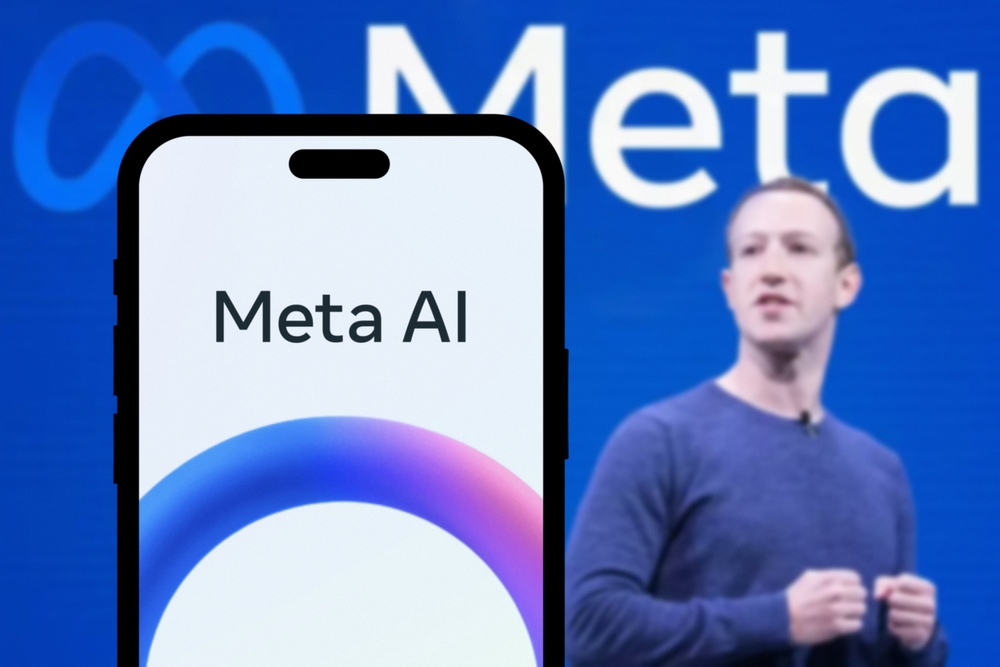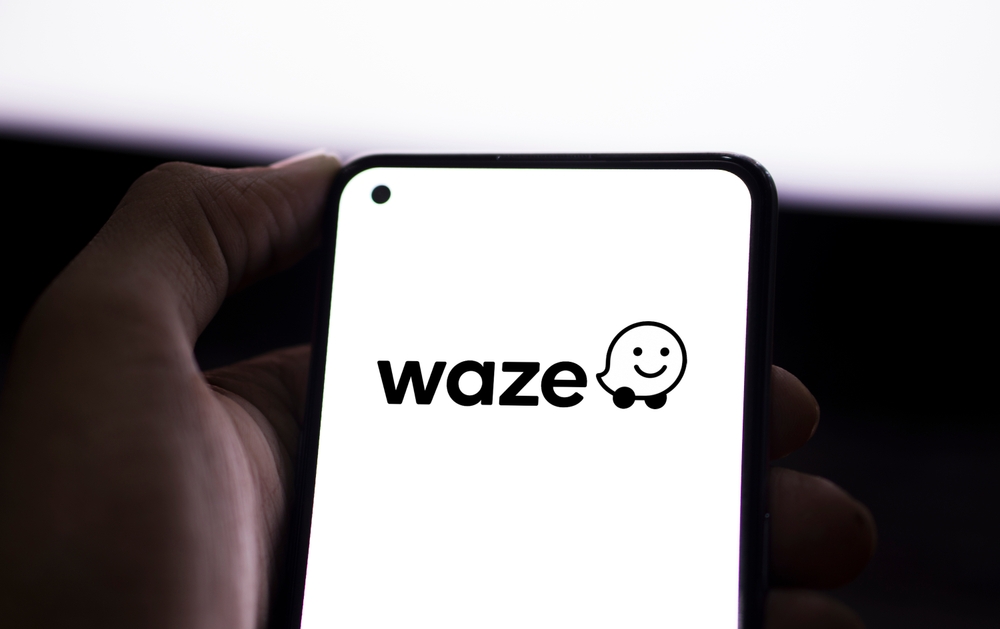Meta’s Star-Studded AI: Awkwafina and Judi Dench Among Celebs Tapped for New Digital Assistants
Meta is making a splash in the AI world by courting top celebrities like Judi Dench, Keegan-Michael Key, and Awkwafina to lend their voices to its upcoming digital assistants. According to Bloomberg, the tech giant is working swiftly to finalize agreements so that these high-profile voices can be showcased at the Meta Connect conference in September.
The primary focus is a digital assistant product named MetaAI, which aims to bring a touch of star power to AI interactions. Meta is reportedly negotiating with leading talent agencies in Hollywood, offering potentially multi-million dollar deals to secure these voices. This move follows a similar strategy from last year’s Connect, where Meta invested heavily in celebrity AI chatbots before discontinuing them.
The contracts with these celebrities are expected to be temporary, allowing actors the option to renew their involvement once the initial term expires. The voices are set to be integrated across Meta’s platforms, including Facebook, Instagram, and Meta’s Ray-Ban smart glasses. Meta has yet to comment on the details of these negotiations.
This approach recalls previous efforts to integrate celebrity voices into technology, such as Waze’s voice directions or the now-discontinued Meta AI chatbots. However, with advancements in generative AI, the new MetaAI could offer a more realistic and engaging experience. For instance, OpenAI’s recent demonstration featured an AI voice eerily similar to Scarlett Johansson, highlighting the potential for a more authentic interaction with voices like Awkwafina’s.
As Meta gears up for its big reveal, the integration of renowned voices could redefine how users interact with AI, making these digital assistants feel less like gimmicks and more like engaging, personable tools.
For more details on Meta’s latest initiative, visit The Verge.
New Google Maps Update Adds Building Entrance and Parking Guidance
Google is pushing the envelope on navigation technology by enhancing its two flagship apps, Google Maps and Waze, with a series of updates aimed at improving user experience. These updates not only bring the apps closer in functionality but also retain their distinct identities, catering to their dedicated user bases.
Google Maps: Enhanced Incident Reporting and Destination Guidance
One of the most significant updates to Google Maps is the introduction of enhanced incident reporting. Previously, incident reporting was a feature that distinguished Waze from other navigation apps. Now, Google Maps is incorporating this Waze-like functionality, allowing users to report and view incidents such as road closures, construction, speed cameras, and police presence with larger, more visible icons. These reports can be confirmed by other drivers with just a tap, creating a more interactive and up-to-date navigation experience.
Additionally, Google Maps is adding a feature that significantly improves destination guidance. As users approach their destination, the app will now identify the exact building entrance and highlight it in red, with a green indicator pointing to the main entrance. This feature is particularly useful in urban environments where locating the correct entrance can be challenging. Along with this, Google Maps will also show nearby parking lots, making it easier for users to find parking as they arrive at their destination.
These updates are rolling out to Google Maps on various platforms, including Android, iOS, cars with Google built-in, and Android Auto and Apple CarPlay. The destination guidance feature is expected to be available to users in the coming weeks, providing a more seamless navigation experience.
Waze: New Camera Alerts and Event Notifications
While Google Maps is integrating some of Waze’s most popular features, Waze is also receiving updates that keep it ahead of the curve in traffic navigation. Waze users can now report and receive alerts for new types of traffic cameras, such as those monitoring bus lanes, HOV lanes, seat belt use, and even texting while driving. These alerts are crucial for drivers who want to avoid fines and stay safe on the road.
Waze is also introducing a new feature that provides notifications for events that may impact traffic. Whether it’s a marathon, concert, or sports event, Waze will alert users to road closures and traffic disruptions related to these events. This feature is particularly beneficial for those who frequently drive in areas where such events are common. The event notification feature is launching in time for the 2024 Olympic Games and will be expanded to cover future events.
Conclusion: A Balanced Approach to Navigation
While these updates bring Google Maps and Waze closer together in terms of functionality, they also highlight the unique strengths of each app. Google Maps continues to focus on providing a comprehensive navigation experience with detailed destination guidance and real-time incident reporting. In contrast, Waze remains the go-to app for drivers who prioritize real-time traffic alerts and community-driven updates.
As Google continues to innovate and refine its navigation offerings, users can expect both apps to remain essential tools for navigating the complexities of modern travel. For more information on these updates, visit The Verge.



